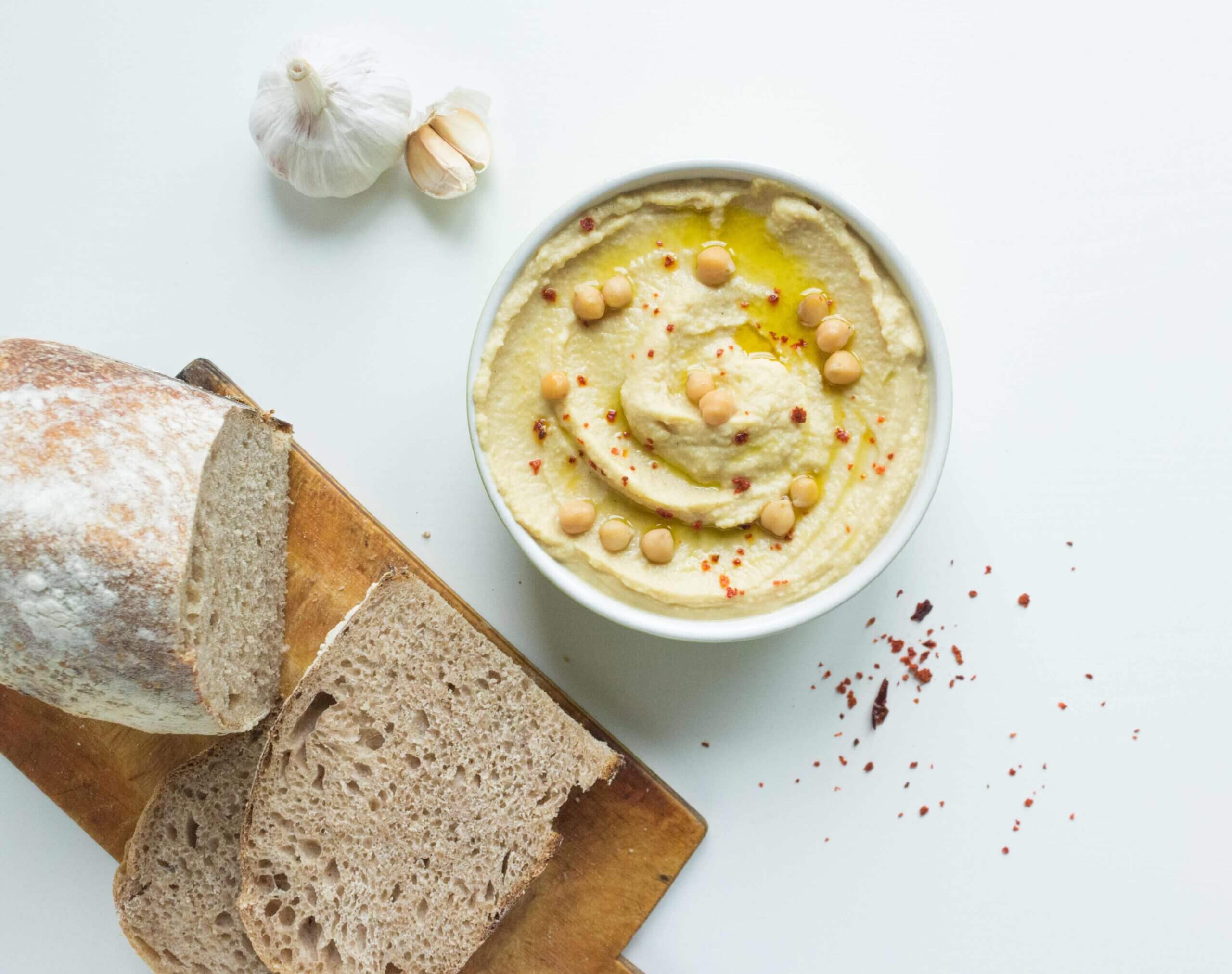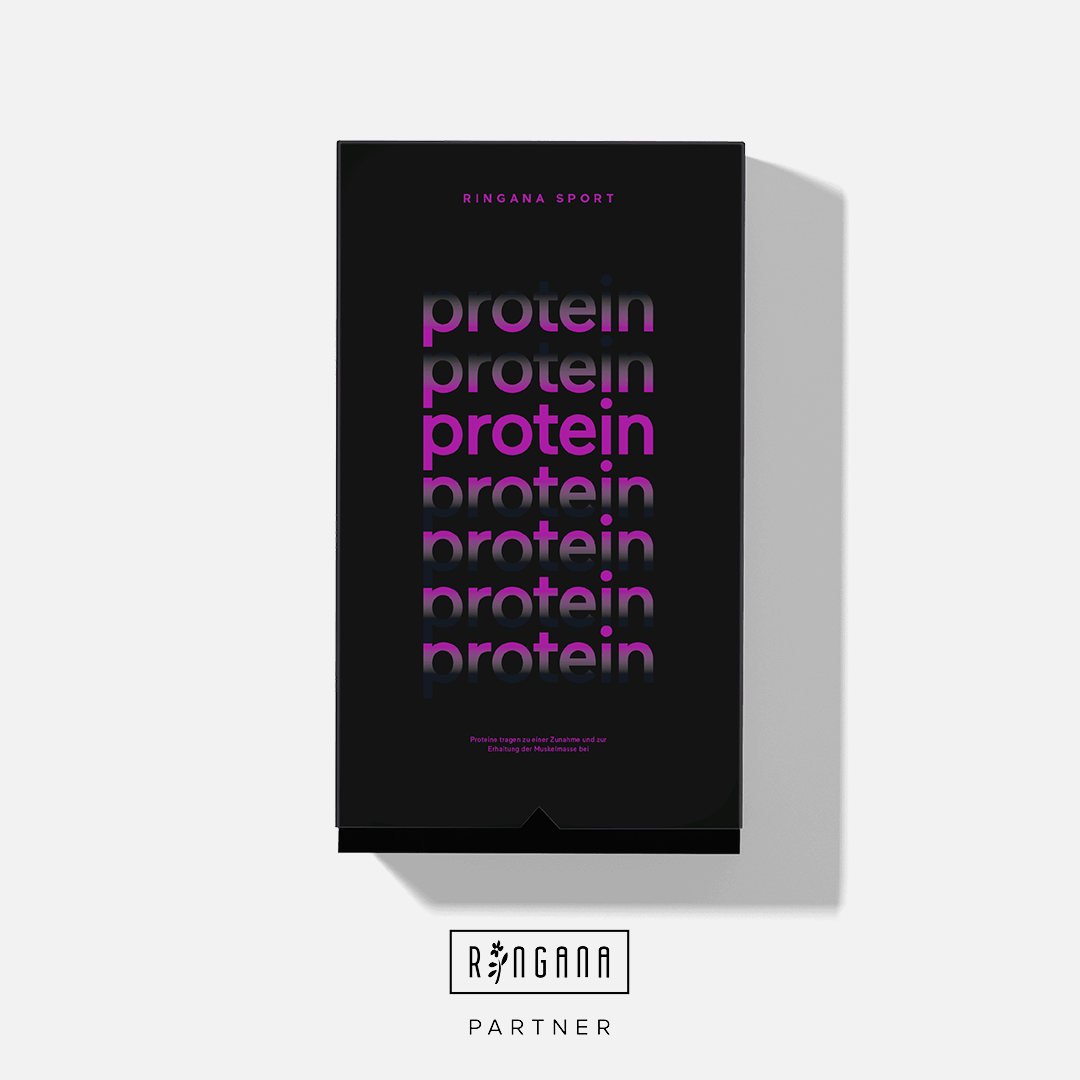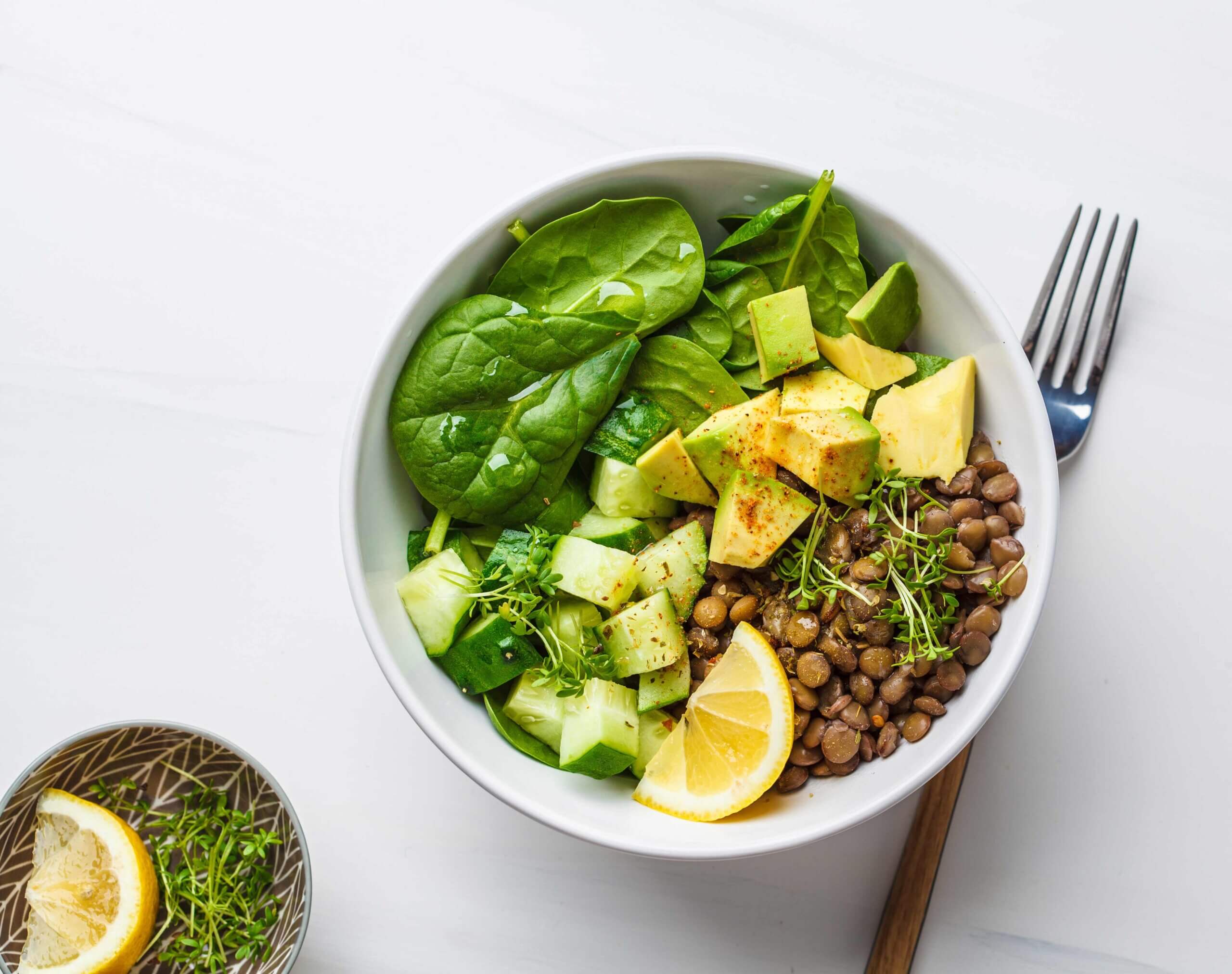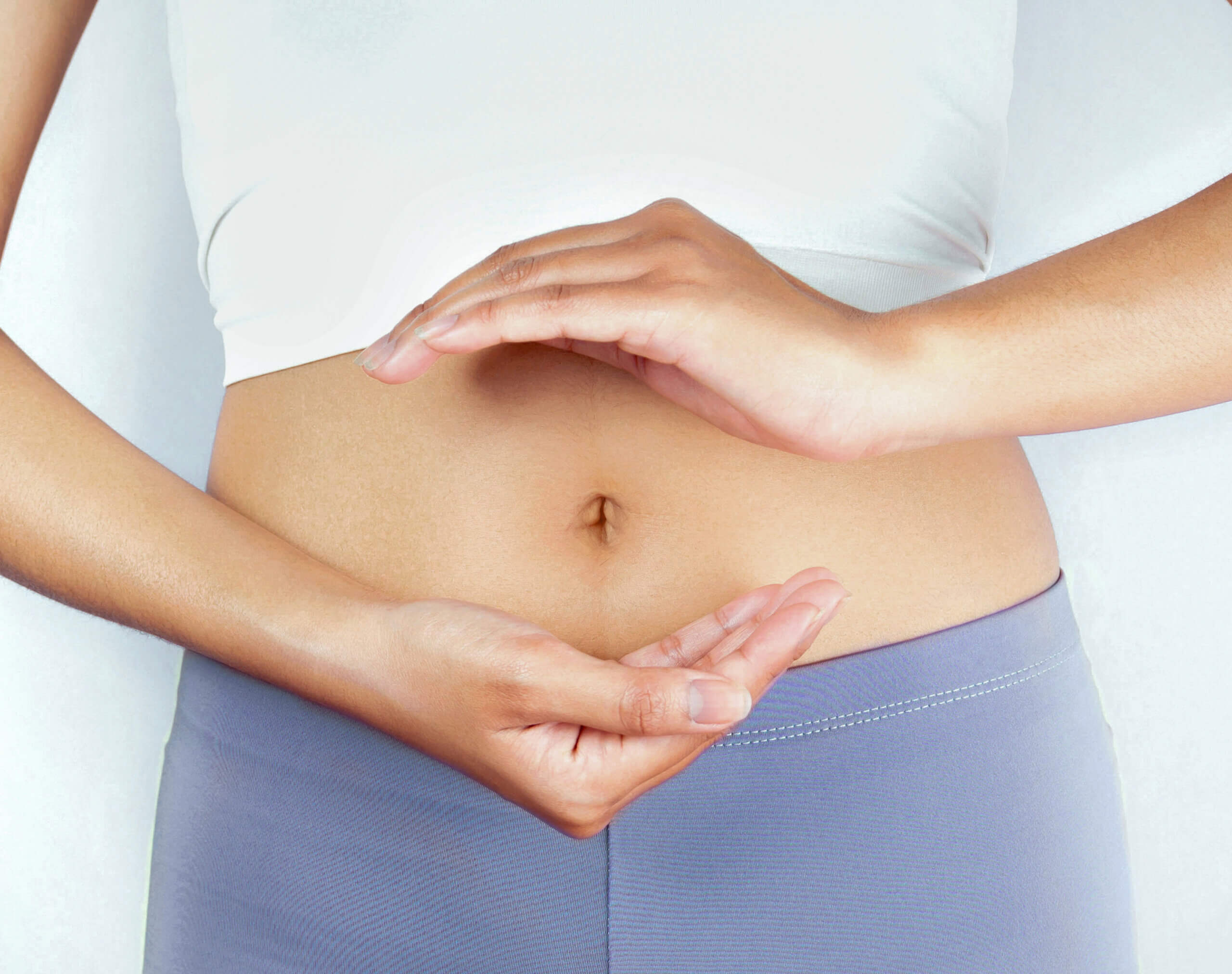Protein is essential for our bodies – for building muscle, recovery, enzymes, hormones and a strong immune system. But you don’t necessarily need animal products to get enough of it. Plant-based protein sources are no longer a secret tip – they’re a powerful, healthy and sustainable alternative. In this article, I’ll show you 12 plant-based foods that are particularly rich in protein – and how you can get everything you need whether you’re an athlete, a health-conscious eater or fully vegan. You’ll also learn which proteins are best for building muscle, how much protein you really need – and why vegan protein sources are good for your body (and the planet).
Get ready for an extra dose of plant power – practical, evidence-based and full of inspiration for your health.
Why protein matters so much for your body
Proteins – also known as proteins in everyday language – are macromolecules made up of 20 different amino acids. Nine of these are classified as “essential” because the body cannot produce them itself. Essential amino acids are crucial for protein synthesis and play a key role in vital processes such as building tissue, transporting nutrients and regulating enzymes. A balanced diet that provides all nine essential amino acids in sufficient quantities is essential to meet the body’s needs and support optimal health. [1]
“
A healthy outside starts with a healthy inside.
Robert Urich
This is where plant-based protein sources come in: they not only provide you with valuable protein, but also a wealth of nutrients to nourish you from the inside out. Let’s take a closer look at 12 powerful vegan protein sources that can give you everything you need – whether your goal is to build muscle, feel fitter or simply eat more healthily.
1. Chickpeas (19 g protein per 100 g):
A strong start! Chickpeas are not only delicious, they’re also packed with protein. Whether in hummus, curries or salads, these little heroes are a must for every health-conscious athlete.
2. Lentils (25 g protein per 100 g):
The true superheroes among legumes. With their impressive protein content, lentils are perfect for boosting your muscle growth. From red to green to black lentils – there’s a variety for everyone!
3. Quinoa (14 g protein per 100 g):
More than just a trendy superfood, quinoa is a top-quality protein source. These tiny grains contain all the B vitamins, plenty of iron and magnesium, as well as valuable polyunsaturated fatty acids – ideal for muscle recovery.
4. Hemp seeds (31 g protein per 100 g):
Who knew something so small could be so powerful? Hemp seeds are rich in omega-3 fatty acids as well as protein. Sprinkle them over salads or blend them into smoothies for an extra protein kick. Even more impressive is hemp protein, made by cold-pressing hemp seeds into oil, then milling the resulting press cake to extract the protein. Hemp protein contains a whopping 50 g per 100 g.
5. Pea protein (82 g protein per 100 g): For those who like it concentrated: pea protein is a real powerhouse. Primarily made from yellow split peas, it’s versatile – add it to smoothies, porridge or shakes. One serving covers about a third of your daily protein needs.
6. Tofu (15 g protein per 100 g): A classic of vegan cuisine and for good reason. This soy product is rich in protein, iron and calcium. Whether fried, grilled or in stews, tofu is a true all-rounder. Dried soybeans pack even more of a punch – with an impressive 38 g protein per 100 g.

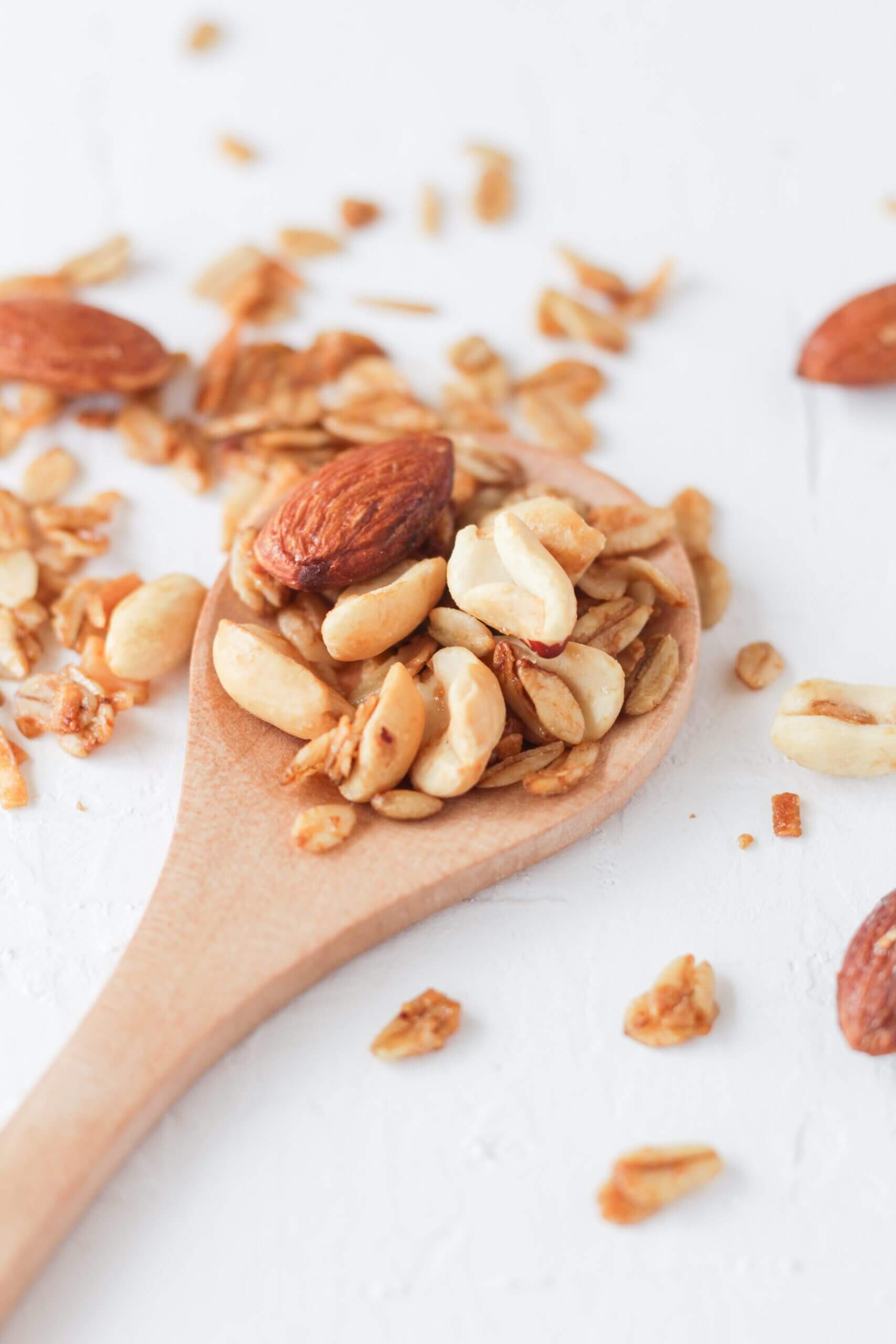
7. Tempeh (19 g protein per 100 g):
Another soy-based star, tempeh has a hearty flavour and firm texture that makes it a great meat alternative – and an excellent muscle booster.
8. Lupins (36 g protein per 100 g):
Loved by the ancient Egyptians thousands of years ago, lupins are still an important food today – especially for people with coeliac disease, as they’re a great grain alternative. With 36 g protein per 100 g, they’re hot on the heels of soybeans.
9. Chia seeds (17 g protein per 100 g):
Tiny nutritional powerhouses with an impressive protein content. Chia seeds are great for thickening smoothies or as a topping for plant-based yoghurt.
10. Nuts (15-29 g protein per 100 g):
Crunchy and nutrient-rich, nuts are full of valuable plant protein. Almonds, cashews, walnuts – they all provide energy and satiety. One standout: peanuts, with 29 g protein per 100 g. Just 200 g can cover your entire daily protein requirement – though it’s best to choose unsalted.
11. Rice protein powder (80 g protein per 100 g):
Made from sprouted wholegrain brown rice, this powder undergoes a fermentation process that boosts its protein content from 8% to over 80%. Easily digestible and perfect for shakes, smoothies or savoury dishes, it’s a great choice for athletes.
12. pumpkin seeds (37 g protein per 100 g):
Nutty, savoury and full of nutrients like magnesium and iron. Like hemp seeds, pumpkin seeds have a high-protein sibling: pumpkin seed protein!, made from oil-pressing leftovers, contains an impressive 55 g protein per 100 g.
Animal protein for comparison (per 100 g) :
And how do animal-based products compare? Here’s a quick overview:
Eggs: 6 g per medium egg/ Milk: 3 g / Yoghurt, 1.5% fat: 3 g / Chicken breast, skinless: 21 g / Parmesan cheese: 35 g / Beef fillet: 21 g / Pork fillet: 21 g / Brook trout: 19 g / Smoked salmon: 28 g [2]
shop
SPORT protein delivers an impressive 27 g protein per sachet. Enriched with Bacillus coagulans, a probiotic that supports protein digestion, it ensures optimal absorption. It contains all 20 proteinogenic amino acids needed for building body protein – for maximum bioavailability.
The best vegan proteins for building muscle
Now that we know the top 12, the question is: which vegan protein sources are best for building muscle?
Pea, rice, pumpkin seed and hemp seed protein are the real champions here. They offer an optimal amino acid profile and contain all the essential amino acids the body needs for muscle growth.
In addition to a high protein content, vegan protein sources generally also have a high biological value. Protein combinations of pea and rice protein in a 30:70 ratio are particularly well absorbed by our bodies.
According to a study published in the Nutrition Journal, vegan pea protein powders are significantly better for weight loss – and just as effective for building muscle – as shakes made from animal protein. [3]
With their high biological value, they are the ideal companions for all fitness enthusiasts looking to build muscle sustainably.
Amino acids & biological value
Many people are still familiar with the classic concept of biological value, where egg protein is given a reference score of 100. It’s a simplified way of describing how efficiently the body can convert a dietary protein into body protein. Plant-based foods often have a slightly lower score – but that does not mean they are “inferior”.
Why?
Because the biological value can be boosted through clever combinations of grains and legumes (such as rice + peas). When paired well, you can create a kind of super protein team that even exceeds a score of 100. And the best part: you don’t have to combine all sources in one meal – eating them throughout the day works just as well.
Plant foods ALWAYS contain ALL essential amino acids! Some may have slightly less of one or another, making variety in your diet especially important. [4]

The advantage of vegan protein compared to animal protein
Vegan protein offers many advantages over animal protein. Firstly, plant-based protein is easier to digest and places less strain on the body. In addition, it contains plenty of fiber, which keeps you full for longer, helps prevent cravings and also promotes the growth of beneficial bacteria in the gut. Moreover, it contains no saturated fats or cholesterol, which is beneficial for cardiovascular health. On top of that, vegan protein supports the environment, as it requires fewer resources such as water and land and reduces greenhouse gas emissions. With vegan protein, you can promote not only your physical health, but also the health of our planet. [5]
Tip: Protein becomes more important with age
From around the age of 30, muscle metabolism gradually begins to change. To maintain muscle strength, physical performance and stability in the long term, regular movement and a conscious protein intake play an increasingly important role – not only in sport, but also in everyday life.
The right amount of protein for adults

The D-A-CH nutrition societies (Germany, Austria and Switzerland) recommend a daily protein intake of around 0.8 g per kg of body weight per day for adolescents and adults between the ages of 15 and under 65. This value is considered a reference intake to ensure basic nutritional needs are met. [6]
If you weigh 65 kg, this corresponds to around 52 g of protein per day – roughly equivalent to the protein content of 215 g of mixed nuts.
For healthy, normal-weight adults aged 65 and over, the estimated intake is 1.0 g of protein per kg of body weight per day.
In practice, many active adults – as well as older people – aim for a slightly higher protein intake in the range of around 1.0–1.5 g per kg of body weight per day, particularly when movement, recovery and muscle maintenance play an important role.
For athletes who train more than five hours per week, the German Nutrition Society (DGE) recommends a protein intake of 1.2–2.0 g per kg of body weight per day, depending on training intensity and training goals. Those who are physically active for less than five hours per week generally manage well with 0.8 g per kg of body weight per day.
A balanced vegan diet based on the plant-based protein sources listed above can help meet these requirements and provide the body with sufficient protein as well as other valuable nutrients. [7,8]
You see – there’s no shortage of vegan protein sources to support muscle growth. From legumes to seeds to plant-based protein powders, the possibilities are endless. So, start fuelling your body with plant power and feel the benefits of a vegan diet for yourself. Let’s explore the world of plant proteins together and see just how far they can take you!
Disclaimer: This text is not a substitute for professional medical advice, diagnosis or treatment. It must not be used as a basis for self-diagnosis or for starting, changing or discontinuing medical treatment. Always consult a qualified healthcare professional if you have any health concerns or symptoms. Greentrinsic accepts no liability for any discomfort or harm arising from the use of the information provided.
Sources:
1. European Food Information Center (2019): What are proteins and what functions do they perform in the body, (https://www.eufic.org/de/in-unserem-essen/artikel/was-sind-proteine-und-welche-funktionen-erfullen-sie-im-korper/#ref1)
2. Protein, what is it? Nutrients: definition, product knowledge, food science, (lebensmittellexikon.de)
3. Nutrition Journal (2013): The effects of 8 weeks of whey or rice protein supplementation on body composition and exercise performance, (https://nutritionj.biomedcentral.com/articles/10.1186/1475-2891-12-86)
4. Four paws (2022): Goodbye protein myths!, And why Popeye is right and plant-based proteins make you strong, (https://www.vier-pfoten.at/kampagnen-themen/themen/ernaehrung/protein-mythen-ade)
5. Rehberg, C. (2023): Nutrition for healthy muscle building. Center of Health, (https://www.zentrum-der-gesundheit.de/bibliothek/wohlbefinden/sport/muskelaufbau)
6. Gesundheit.gv.at (2020): Protein. Federal Ministry of Social Affairs, Health, Care and Consumer Protection, (https://www.gesundheit.gv.at/leben/ernaehrung/info/eiweiss.html)
7. PETA (2024): Vegan protein powders: The 11 best plant-based protein powders, (https://www.peta.de/veganleben/vegane-proteinpulver/)
8. Deutsche Gesellschaft für Ernährung e.V. (DGE) (2020): Positionspapier zur Proteinzufuhr im Sport, (https://www.dge.de/presse/meldungen/2020/positionspapier-zur-proteinzufuhr-im-sport/)
